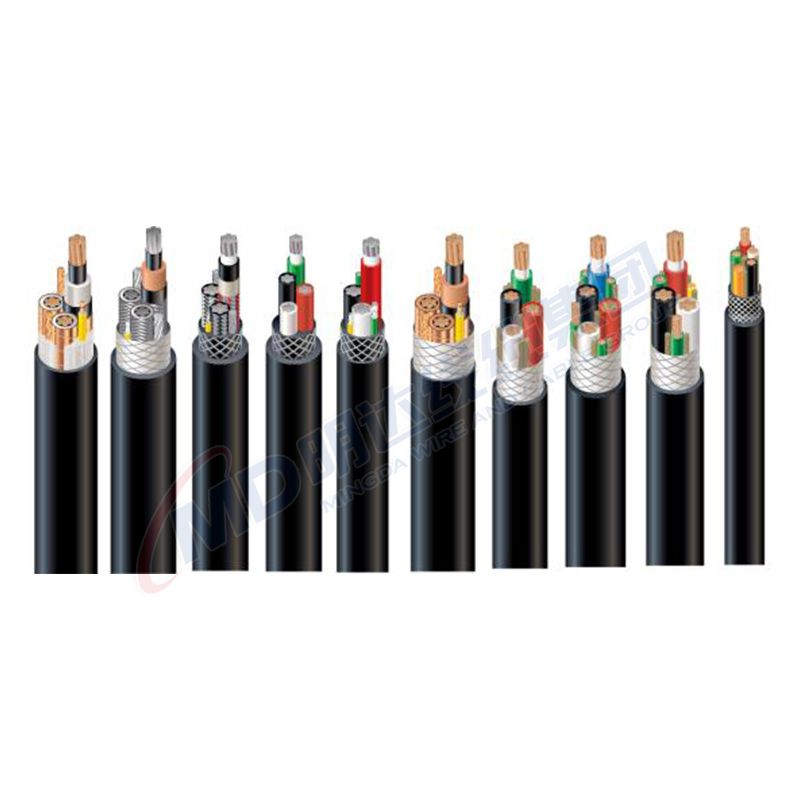Nov . 23, 2024 17:29 Back to list
Industrial Water Control Valve Solutions for Efficient Water Management Systems
Understanding Industrial Water Valves Key Components and Importance
In industrial settings, water is a critical resource utilized in various processes, from cooling and heating to cleaning and manufacturing. To effectively manage water flow, water valves play a crucial role. Industrial water valves are designed to control the flow and pressure of water in pipelines, ensuring efficient operation and safety in various applications. This article will explore the different types of industrial water valves, their functions, and their significance in industrial operations.
Types of Industrial Water Valves
1. Gate Valves These are one of the most common types of water valves used in industrial applications. Gate valves are primarily used for on/off control and are designed to provide minimal pressure drop when fully open. They consist of a wedge-shaped metal gate that moves between two seats, effectively stopping or allowing the flow of water. Although they are not suitable for throttling purposes, their reliability in shut-off applications makes them a popular choice.
2. Globe Valves Unlike gate valves, globe valves are designed for throttling flow. Their internal structure features a spherical body that allows for greater control over the flow rate. By turning a handwheel, the valve disc can be positioned to vary the flow, enabling precise control in applications where exact flow measurements are critical, such as chemical processing plants or water treatment facilities.
3. Ball Valves Ball valves have a spherical closure unit that provides quick and reliable on/off control. They are characterized by their durable construction and tight sealing capabilities, making them suitable for high-pressure applications. The quarter-turn operation allows for swift opening and closing, which can be crucial in emergency situations where rapid adjustments are needed.
4. Butterfly Valves These valves consist of a circular disc that rotates within the pipeline to control flow. Butterfly valves are lightweight, compact, and provide a quick response to flow changes. They are often used in large pipelines due to their space-saving design and are ideal for applications where flow regulation is necessary.
5. Check Valves A check valve prevents backflow in a piping system, ensuring that water flows in one direction only. This is essential in preventing contamination and maintaining system pressure. Check valves are commonly used in water supply systems, irrigation systems, and places where reverse flow could pose a risk to equipment or processes.
Importance of Industrial Water Valves
industrial water valve

The significance of industrial water valves cannot be overstated. These components ensure the safe and efficient management of water systems in various industries, including manufacturing, agriculture, and energy. Here are a few key reasons why industrial water valves are essential
1. Safety Water valves help maintain system integrity and prevent leaks or bursts in pipelines, safeguarding both personnel and equipment. In critical situations, such as fire safety systems, having reliable valves can make a life-saving difference.
2. Efficiency Properly functioning water valves optimize flow rates and reduce unnecessary water consumption, contributing to efficient operation. This can result in significant cost savings for industrial facilities.
3. Environmental Protection By controlling the flow of water, industrial water valves can minimize water wastage and help mitigate the impact of industrial processes on local ecosystems. This is especially vital in regions where water is scarce.
4. Process Control Industrial processes often require precise control of water flow and pressure. Valves like globe and ball valves enable this control, ensuring that operations run smoothly and products maintain consistent quality.
5. Maintenance Regular maintenance of water valves is essential to prevent failures and ensure long-lasting operation. This proactive approach can enhance the overall reliability of the industrial water system.
Conclusion
In summary, industrial water valves are indispensable components in a wide array of applications across various industries. Understanding the different types of water valves and their functions is crucial for ensuring operational efficiency, safety, and environmental protection. By investing in quality valves and maintaining them properly, industries can enhance their productivity and contribute positively to water conservation efforts. As industries continue to evolve, the importance of effective water management will remain a top priority, making water valves an integral part of industrial infrastructure.
Share
-
Reliable Wafer Type Butterfly Valves for Every IndustryNewsJul.25,2025
-
Reliable Flow Control Begins with the Right Ball Check ValveNewsJul.25,2025
-
Precision Flow Control Starts with Quality ValvesNewsJul.25,2025
-
Industrial Flow Control ReliabilityNewsJul.25,2025
-
Engineered for Efficiency Gate Valves That Power Industrial PerformanceNewsJul.25,2025
-
Empowering Infrastructure Through Quality ManufacturingNewsJul.25,2025